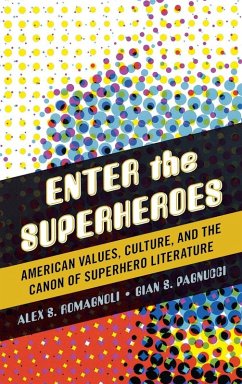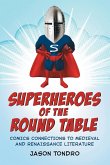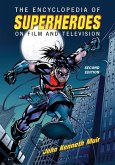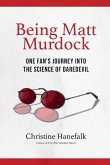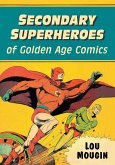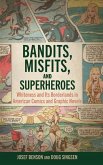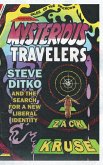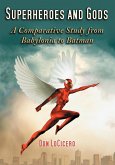Ever since the first appearances of Superman and Batman in comic books of the late 1930s, superheroes have been a staple of the popular culture landscape. Though initially created for younger audiences, superhero characters have evolved over the years, becoming complex figures that appeal to more sophisticated readers. In Enter the Superheroes:American Values, Culture, and the Canon of Superhero Literature, Alex S. Romagnoli and Gian S. Pagnucci arguethat superheroes merit serious study, both within the academy and beyond. Structured around key themes within superhero literature, the book delves into the features that make superhero stories a unique genre. The book also draws upon examples in comics and other diverse media to illustrate the socio-historical importance of superheroes, from the interplay of fans and creators to unique narrative elements that are brought to their richest fulfillment within the world of superheroes. Additionally, the authors provide a list of noteworthy superhero texts which readers can look to for future study.
Bitte wählen Sie Ihr Anliegen aus.
Rechnungen
Retourenschein anfordern
Bestellstatus
Storno

